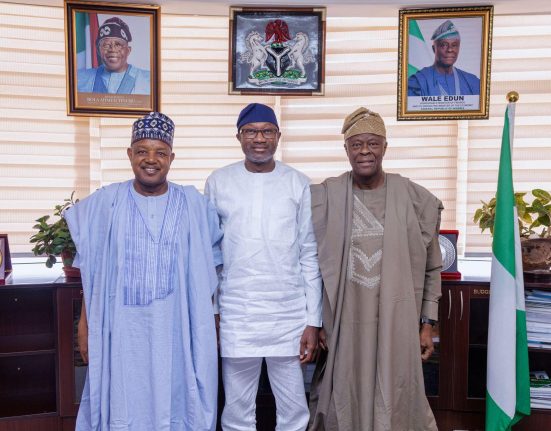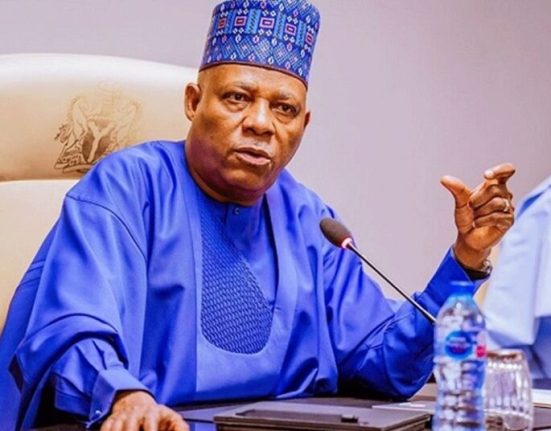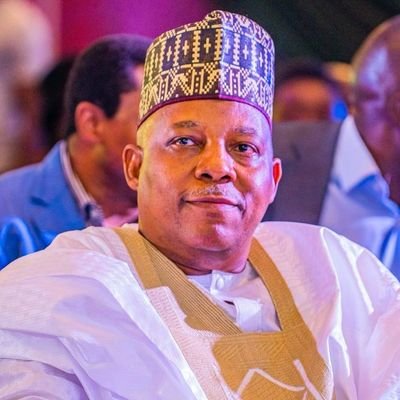The Leader of the Senate, Senator Opeyemi Bamidele, has highlighted the challenges faced by President Bola Tinubu in his first 18 months in office, particularly regarding the removal of the fuel subsidy.
Bamidele, who represents Ekiti Central in the Senate, stated that the key beneficiaries of the subsidy—members of a powerful cabal—were responsible for making governance difficult for the president, rather than the ordinary citizens.
In a statement issued by his Directorate of Media and Public Affairs on Monday, he explained that the decision to remove the fuel subsidy was necessary and in the public interest, aligning with a resolution reached by the 9th National Assembly.
“I firmly believe that President Tinubu made the right decision in removing the fuel subsidy, as the 9th National Assembly had only allocated funds for it until May 2023. The real beneficiaries of the subsidy were not the common people but members of a privileged cabal who manipulated the system for their gain,” Bamidele stated.
He emphasized that the move was not a sudden policy change by Tinubu but rather a continuation of the National Assembly’s decision before his inauguration on May 29, 2023.
Subsidy Removal Was Inevitable
Bamidele clarified that the National Assembly had not provided funding for the subsidy beyond May 2023, meaning it would have ended regardless of whether Tinubu had announced its removal or not.
“In the 2023 budget, the National Assembly only approved funding for the subsidy until May 2023. Whether the president acknowledged it or not, the subsidy would have ended automatically,” he explained.
He warned that maintaining the subsidy would have led to a fiscal crisis, forcing drastic cuts to critical allocations for state and local governments.
Focus on Economic Stability and Development
The Senate leader expressed confidence that the 2025 Appropriation Act would address Nigeria’s socio-economic challenges at all levels of governance.
He pointed out that the federal government had shifted its budgetary focus, reducing recurrent expenditure while increasing allocations for capital projects.
“What matters is ensuring that the budget at both national and sub-national levels prioritizes the welfare of the people. Are we investing in critical sectors such as education, healthcare, and agriculture? The 2025 budget reflects a significant shift, as more funds are now directed towards capital expenditure rather than consumables,” Bamidele stated.
Job Security and National Security
Bamidele also commended President Tinubu’s decision to avoid retrenchment of public workers, despite economic difficulties.
He warned that job cuts would only worsen existing challenges, particularly in light of security concerns that have disrupted agricultural activities across the country.
“The administration is not considering retrenchment, as it would create more problems. The security situation has been a major issue, preventing people from going to their farms. However, improvements are being recorded, and many internally displaced persons are gradually returning home,” he said.
A Path Toward Recovery
Bamidele acknowledged that challenges remained but maintained that the government’s policies were essential for stabilizing the economy and ensuring long-term growth.
“While we are not yet where we need to be, the security situation is improving, farmers are returning to their fields, and overall conditions are getting better. I am confident that in the near future, things will take a positive turn,” he concluded.







